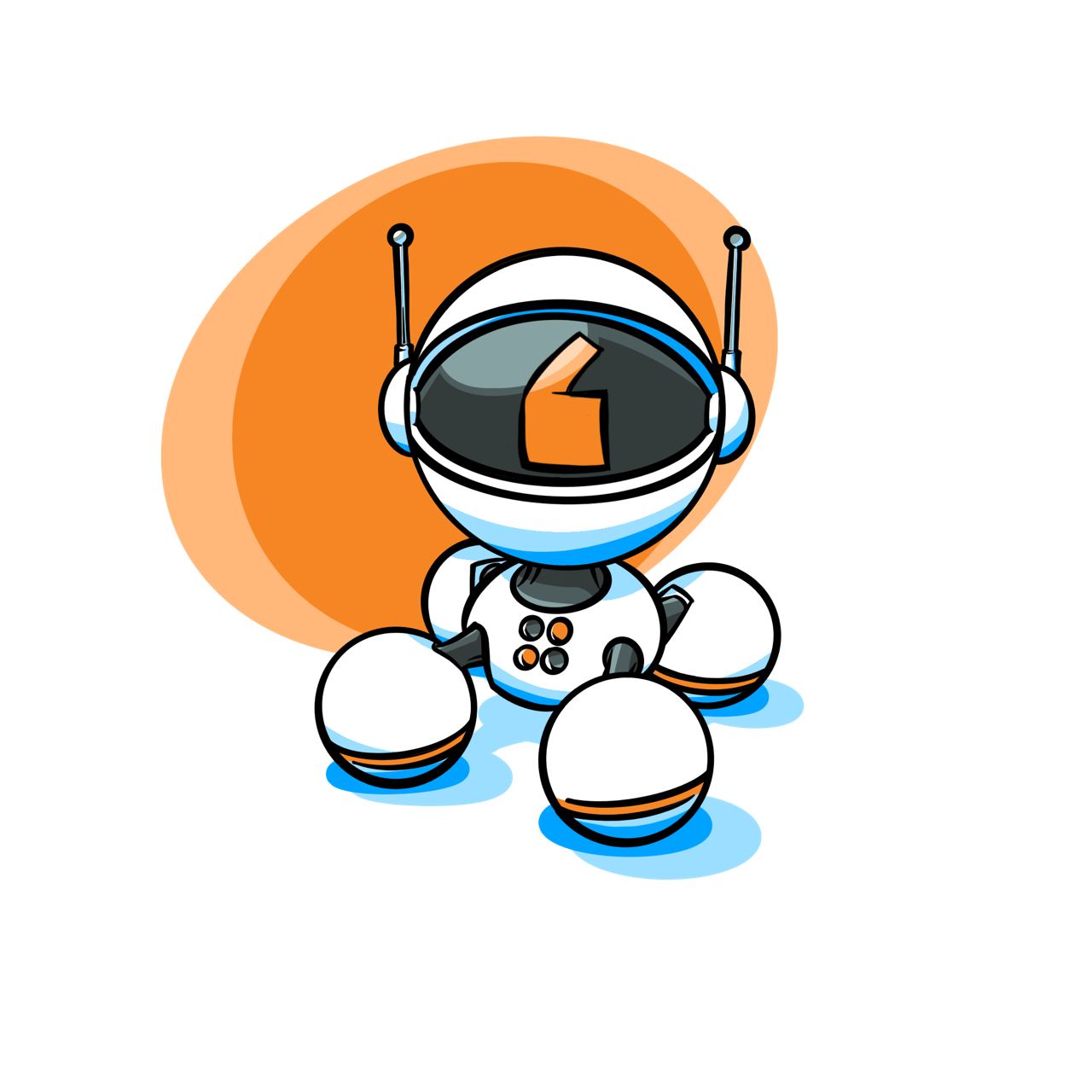Despite everything, Ukrainian business is characterized by optimism

TABLE OF CONTENTS
Profit.Store

429
For 20 years, Oleksiy worked as a marketing director in such companies as "Global ABC", "Foxtrot", in holdings EVO and StarLightMedia. He created 14 trademarks from scratch, including "Snow Panda", "Prime", "Prirodne Dzherelo", "Bigl.ua", "Zakupki.Prom.ua". Oleksiy shared marketing insights and talked about trends in the Ukrainian market.
Ukraine's path is unique
In the 90s, I changed almost two dozen professions and came to marketing by accident. I am glad that I saw how our market became very Ukrainian and went from a situation where there were only solid western brands to the emergence of powerful Ukrainian companies that developed precisely at the expense of their brands and not thanks to raw materials. Ukraine has caught up with the whole world and has become modern from the point of view of marketing.
Despite the constant tension, optimism is a characteristic feature of Ukrainian entrepreneurs
Despite the war since 2014, despite the fact that at the end of 2021, everyone knew that russia was accumulating troops on the border, many businesses were making big plans. People built physical workshops and warehouses and developed software and complex IT solutions. Almost all businesses invested in the long-term perspective in Ukraine.
After a full-scale invasion, everyone had to finalize long-term plans and adjust to maintaining the company and finding new sales markets.
Now, from the requests that clients make to me, I see that Ukrainian businesses are completing the "survival" stage. They have already regrouped, changed their strategies, and are beginning to return to their long-term plans again. However, earlier, the plans were for 3-5 years, and now for 6-8 months. Many of these plans are related to sales abroad: Ukraine is starting to generate products for the world market, and we understand that the volume of products for the Ukrainian market will decrease because many people have left and will not return for some time.
Powerful long-term trends in marketing on the Ukrainian market:
- Redistribution of family budgets
There are several economic reasons for this. Firstly, it’s inflation. Secondly, it’s the reduction of wages on the one hand, and jobs on the other, because many Ukrainian companies had to resort to these measures. Thirdly, the budget of the average Ukrainian family has decreased.
- Reduction in consumption
Everyone in Ukraine is now a donor. Almost everyone makes donations, which is a separate part of the budget of Ukrainians, and, as a result, consumption decreases because of this. People give up the goods: some entertainments they rarely afforded are now simply crossed out. This trend will continue until the country recovers.
- Redistribution of finances into cheaper price segments
People maintained consumption in quantity but switched to cheaper substitutes. For example, if a family used to eat 5 kg of meat per month, of which 4 kg was veal and 1 kg of chicken, now they consume 2 kg of veal and 3 kg of chicken. The hunt for low prices has also begun. All discounts are now super relevant.
Therefore, it is now important for companies to adjust their pricing policies and determine if their product meets this cost-saving strategy. Consider creating a crisis-time product that comes out cheaper but with a claimed reduction in quality. It is crucial to declare a change in quality because a decrease in the quality of a regular product without warning causes consumer outrage.
- Reduction of physical consumption
Unfortunately, it is about austerity bordering on impoverishment. This is when 5 kg of meat per month turns into 3 kg. When people start consuming less food, clothing, and other essential goods.
- Showy patriotism turns into monetary patriotism
Previously, the patriotism of Ukrainians in the choice of goods was purely ostentatious. In whatever markets I worked and whatever research I conducted, people could declare, "We are for Ukraine", but to the question, "Which goods do you buy: foreign or Ukrainian?" they answered, "Well, foreign goods are of high quality, but Ukrainian ones are not." Now this is changing for the first time: people are buying more Ukrainian products.
- Society expects that brands will voice their position
The company should help the Armed Forces and publicly communicate its position; now, it is a must-have. It is unnecessary to shout about your responsibility, just do not stay aside.
- Change of communication landscape
Ukraine continues to partially live a normal consumer life. People still want to see ads and information about products and brands because it helps them make choices. Talking about yourself, what you do, and what values you provide to the consumer is as important as before.
So build your brand values and stay in touch with consumers, offering personalized offers and discounts.
As an illustration of this trend, I can cite the example of one of my clients, whose company deals in refurbishing Apple products. This is an ecological business: reusing refurbished phones and other devices contributes to the environment. And until 2022, this was the central message of the company. At the same time, during the full-scale war in Ukraine, we are seeing a rapid surge in demand for this segment. People are reviewing the budget: yes, they are buying, but they are looking for a different price proposition.
When we offer a high-value product - environmentally friendliness and a low price without losing quality - we see how people respond positively to it. The business must preserve and develop its values but at the same time work on price optimization.
Similarly, people respond well to everyday communication. This client's company has 600 thousand followers on TikTok and shares life hacks on the use of technology. This means that people need communication with brands that build trust, which is also extremely important now.
- Russian companies are vacating niches where you can enter with your goods
Companies that had russian capital were forced to leave the market. For example, the trademark "Ushastiy Nyan", products for washing dishes and laundry for children. The manufacturer of this brand was the company "Nevskaya kosmetika", which until recently worked in Ukraine and held a large share market. This freed up market share, which did not go unnoticed by Ukrainian manufacturers.
Similarly, Kyiv cardboard and paper mill had a trademark Soffione, registered in russia, and now this trademark also left our market. There are many such examples in various fields.
This gives Ukrainian manufacturers new opportunities. They should follow such events and enter vacant niches.
The crisis has made many businesses more flexible
In Ukraine, this mainly applies to the hotel business. He almost died during the pandemic, and after a full-scale invasion, he was deprived of the flow of foreigners, especially in the west of Ukraine. Now all hotels are faced with a choice - to close or to adapt and rebuild their activities to offer their services at much lower prices.
We understand that it is impossible to take and lower prices simply. This usually results in a loss of profitability and a potential business shutdown. When pricing is changing, behind this is careful work on optimization since all business processes and conditions of cooperation with suppliers must be changed. It's good for business. Everyone who had to "dry out" and analyze their work due to a massive crisis and, as a result, was able to survive, became more flexible and stronger.
Ukraine has a large demand for the export of intellectual products
This is the only thing we can consistently supply abroad. The other day I was driving along the Odesa highway to Kyiv and saw many grain trucks. This is an example of how we export physical goods. But we are very dependent on them because today there is this grain agreement, and tomorrow the Russians can start shelling the barges. We don't know if it's sustainable. It is difficult to export grain to Europe by rail. So we see that physical export is complicated.
So, for example, the brand "Snow Panda", with which I worked for a long time and which in Ukraine defeated international brands, is now thinking about how to sell its product to other countries, but for this, it needs to add huge logistics. Therefore, in the near future, the sale of Ukrainian goods will not be competitive precisely because of the difficulty of transportation.
In this way, the main potential becomes an intellectual product. For a long time, Ukrainian IT outsourcing recruited teams and sold its services here. Instead, now there is an opportunity for Ukrainian developers to create products that can be sold with a large added value. This will be a powerful source of foreign exchange earnings and the country's economic development in general.
I also assume that a certain consumer community of Ukrainians will emerge in Europe. Of course, it is more likely that the majority of Ukrainians will integrate and dissolve in the consumption of Poles, Germans, and people of other European countries. However, some of them will continue to consume Ukrainian goods nostalgically, and then Ukrainian companies will be able to develop in Europe. Most likely, there will be successful cases of Ukrainian producers of goods and services, but not en masse.
Ukrainians in Europe spend a lot of money, and you can also compete for this money because these are people with whom communication has already been established, who speak Ukrainian, and whose consumer habits were formed in Ukraine.
SHARE
OTHER ARTICLES BY THIS AUTHOR
Get the most exciting news first!
Expert articles, interviews with entrepreneurs and CEOs, research, analytics, and service reviews: be up to date with business and technology news and trends. Subscribe to the newsletter!




